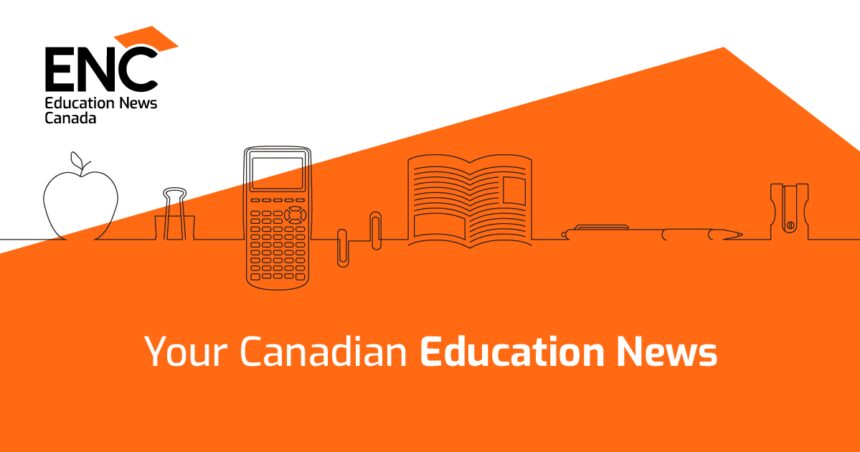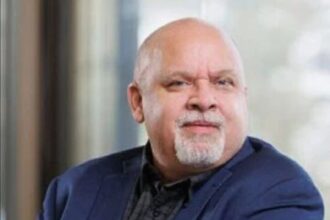In a watershed moment for Indigenous education in Canada, Heritage College has officially become a signatory to the Colleges and Institutes Canada (CICan) Indigenous Education Protocol, marking a significant commitment to reconciliation through educational reform. The announcement, made during a ceremony rich with cultural significance, represents far more than a symbolic gesture in the increasingly urgent national conversation about Indigenous rights and representation within Canadian academic institutions.
“This signing ceremony isn’t merely procedural—it’s transformative,” explained Dr. Margaret Wilson, Heritage College’s President, during yesterday’s event. “By adopting these seven principles, we’re fundamentally reshaping how we approach education, governance, and community relationships with Indigenous peoples.”
The CICan Indigenous Education Protocol, established in 2015 as a response to the Truth and Reconciliation Commission’s calls to action, provides a comprehensive framework designed to guide post-secondary institutions toward meaningful inclusion of Indigenous knowledge, perspectives, and cultural traditions. The protocol consists of seven principles ranging from governance structures to curriculum development—each principle representing a concrete step toward decolonizing education.
Heritage College’s commitment arrives amid growing recognition across Canada’s educational landscape that traditional academic models have historically marginalized Indigenous perspectives. Recent data from Statistics Canada indicates that while Indigenous student enrollment in post-secondary education has increased by 28% over the past decade, significant barriers to success persist, with graduation rates still lagging behind national averages.
For Clara Moonwalker, an Elder from the local First Nations community who participated in the signing ceremony, the protocol represents long-overdue recognition. “Our knowledge systems have survived centuries of attempted erasure. This agreement acknowledges that Indigenous wisdom isn’t supplementary to education—it’s essential to creating a complete understanding of our shared world.”
The college has outlined a five-year implementation plan that includes creating dedicated Indigenous learning spaces, establishing an Elder-in-Residence program, incorporating Indigenous knowledge across all curricula, and developing targeted support services for Indigenous students. Perhaps most significantly, the college has committed to restructuring its governance model to ensure Indigenous voices have meaningful influence in institutional decision-making.
Financial implications of these changes are substantial, with Heritage College allocating $3.2 million toward implementation over the next three years. This investment represents approximately 4% of the college’s annual operating budget—a figure that some education analysts describe as significant but necessary given the scope of changes required.
“The business case for Indigenous inclusion is compelling,” noted financial officer Robert Blackwood. “Beyond addressing historical injustices, these investments prepare all students for participation in an economy increasingly shaped by reconciliation principles and Indigenous partnerships.”
Heritage College joins 57 other post-secondary institutions across Canada that have signed the protocol since its inception. However, implementation success has varied significantly among signatories, with critics pointing to the challenge of moving beyond superficial changes toward genuine institutional transformation.
“Signing is just the beginning,” cautioned Dr. James Running Deer, Indigenous education specialist and consultant for several Canadian colleges. “The real test comes in whether these institutions are willing to surrender power and truly incorporate Indigenous ways of knowing at every level of operation.”
For Heritage College students like Melissa Cardinal, a second-year Indigenous Studies major, the protocol’s implementation will determine whether the initiative represents meaningful change or institutional virtue signaling. “We’ve seen plenty of land acknowledgments and symbolic gestures,” Cardinal noted. “What we need now is structural change that creates space for our perspectives and prepares all students to participate in reconciliation.”
As Heritage College moves forward with implementation, the broader question emerges for educational institutions across Canada: Can colonial institutions truly transform themselves, or is more fundamental reimagining required? As our society continues grappling with the legacy of residential schools and ongoing disparities in educational outcomes, the answer to this question will shape not just academic environments but the future of Canadian society itself.










